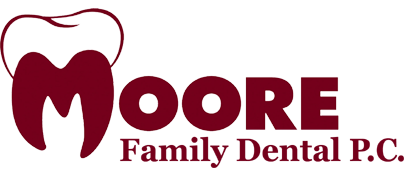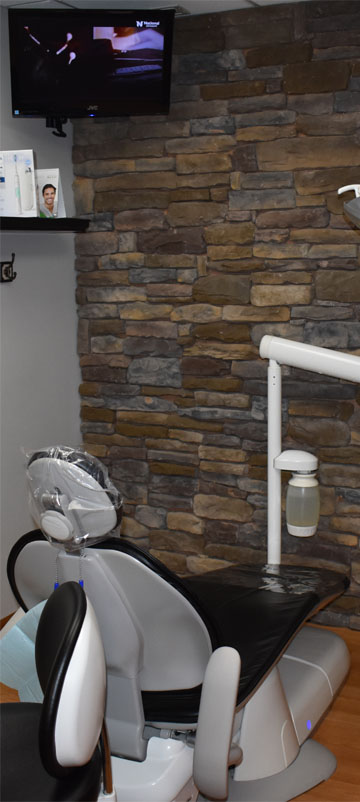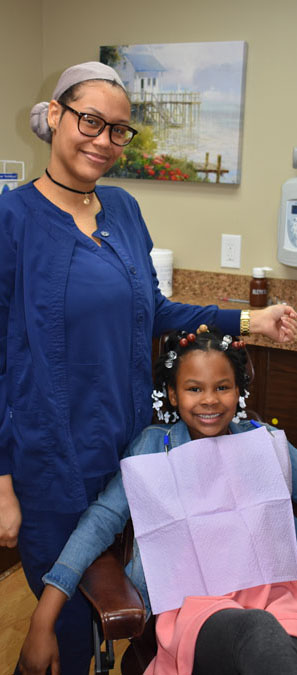 If you are pregnant, congratulations! Although you are likely occupied with choosing names, purchasing a crib, and otherwise preparing for your child’s arrival, we want to provide information about the importance of maximizing your oral health during your pregnancy.
If you are pregnant, congratulations! Although you are likely occupied with choosing names, purchasing a crib, and otherwise preparing for your child’s arrival, we want to provide information about the importance of maximizing your oral health during your pregnancy.
1 – Healthy eating is very important. It’s best for you and your baby if you limit unhealthy choices and choose healthy options. If you enjoy the occasional indulgence, make sure you brush your teeth afterward.
2 – Make an appointment to come and see us. Be sure to let us know that you are pregnant, and tell us how far along you are in your pregnancy. As a precautionary measure, dental treatments during the first trimester and second half of the third trimester should be avoided as much as possible. However, routine dental care can be received during the second trimester. All elective dental procedures should be postponed until after the delivery.
3 – Keep us in the loop. All of your healthcare providers need to be on the same page when it comes to caring for you and your baby. Together, we can be a team to make sure you and your baby receive the best possible care.
4 – Get your brushing and flossing routine down to a science. If you have always been careful about brushing and flossing every day, keep it up. If not, this is the time to start. Brush at least twice per day and don’t forget to floss. If you have any questions or need tips on the best technique, let us know. We’d be happy to help!
5 – Did you make that appointment to see us yet? We can’t stress enough how important it is. Gingivitis is most common during months two to eight of pregnancy. Tell your dentist when you are pregnant — he or she may recommend more frequent dental cleanings during the second trimester or early in the third trimester to help combat the effects of increased progesterone and help you avoid gingivitis.”
6 – Did you get a tiny toothbrush as a shower gift? If so, plan to use it. They’re cute, but they’re also functional. When you bring your newborn home from the hospital, teeth may seem a long way off, but they’re already there. They’re under your baby’s gums, waiting to pop through when the time is right. You can prepare for that by using that tiny, soft toothbrush to brush your baby’s gums. This will help your child get used to the sensation so brushing will be a familiar routine. When your child’s first tooth erupts, continue brushing, but pay some attention to brushing that new tooth, as well. When your child becomes an independent toddler, he or she will want to take a turn with the toothbrush, and that’s OK. Just remember that your child’s turn is to help him or her get used to brushing, but you still need to help with the actual brushing.
Congratulations, again from everyone at Moore Family Dental! Parenthood is exciting and rewarding, and you are experiencing the first stage of it. Although maintaining your oral health might not seem as exciting as picking out a new crib or finally finding the perfect name, you are providing your child with a foundation of good oral health to last a lifetime! As always, if you have any questions, please contact us.



